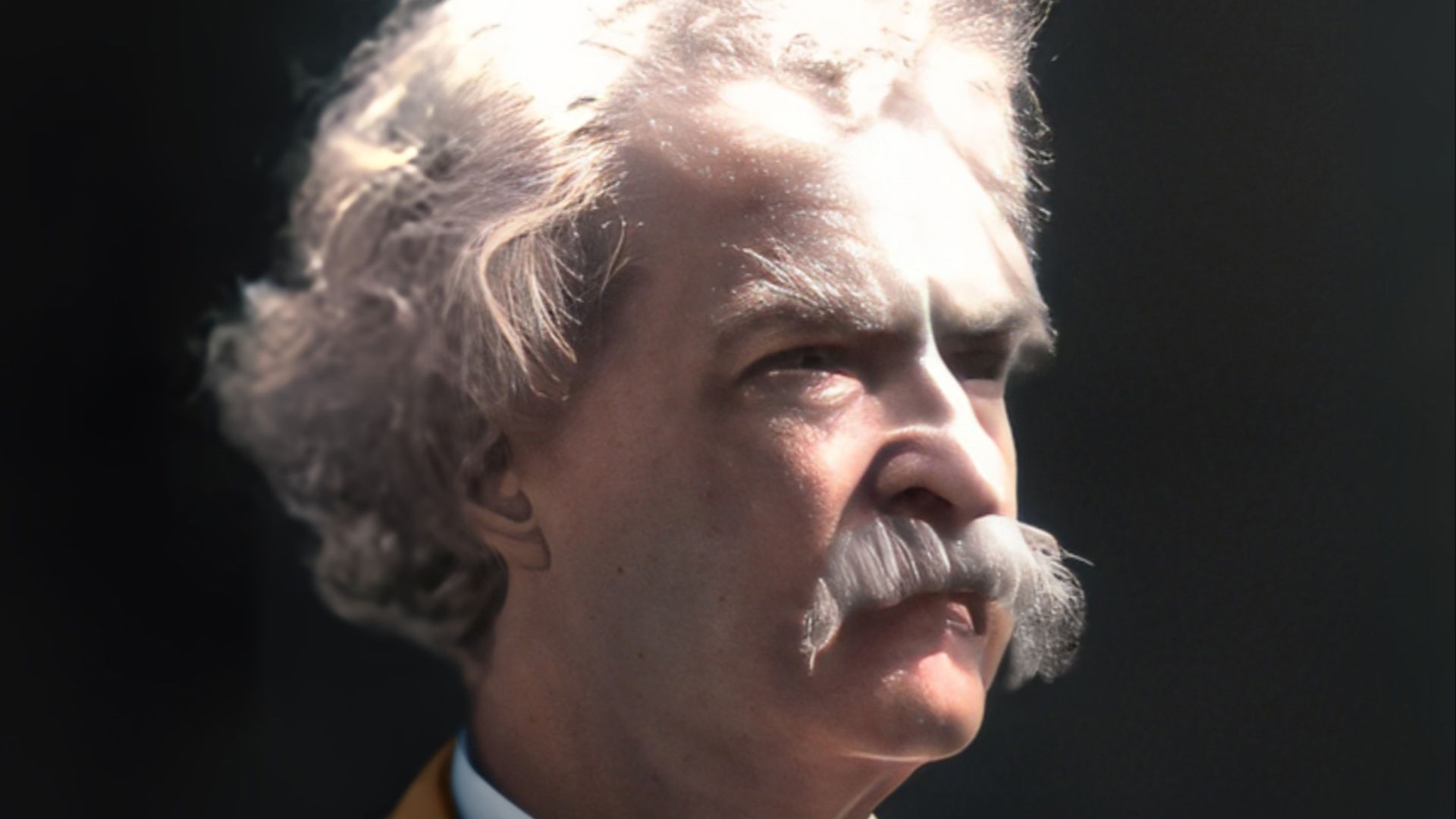Literary Legends And Wars
Literature may thrive on beauty, but behind the scenes, it often bristles with bruised egos and biting critiques. Some of history’s most admired writers weren’t above trading insults and launching public takedowns, and their quarrels weren’t just petty but personal in some cases. As you read on, you’ll see what it looks like when genius throws criticisms or admiration sour into disdain. These 20 historic feuds reveal as much about literary greatness as they do about human fragility.
 Look Magazine, Photographer (NARA record: 1106476) on Wikimedia
Look Magazine, Photographer (NARA record: 1106476) on Wikimedia
1. Mark Twain Vs. James Fenimore Cooper
Twain famously wrote an essay titled "Fenimore Cooper's Literary Offenses," criticizing Cooper’s writing mechanics and storytelling. He listed 18 specific “rules” Cooper violated. The essay remains one of the most famous acts of literary criticism ever written.
2. Ernest Hemingway Vs. F. Scott Fitzgerald
The masculinity of Fitzgerald and his dependence on his wife Zelda was mocked by Hemingway. In A Moveable Feast, Hemingway portrayed Fitzgerald as weak and insecure. Fitzgerald idolized Hemingway before the feud and called him the best living writer.
 Not specified, owned by John F. Kennedy library on Wikimedia
Not specified, owned by John F. Kennedy library on Wikimedia
3. Edgar Allan Poe Vs. Rufus Griswold
Griswold became Poe’s literary executor and published a scathing obituary upon Poe’s death. He forged letters and anecdotes to portray Poe as insane and immoral. Griswold's smear campaign ironically kept Poe in public memory for generations.
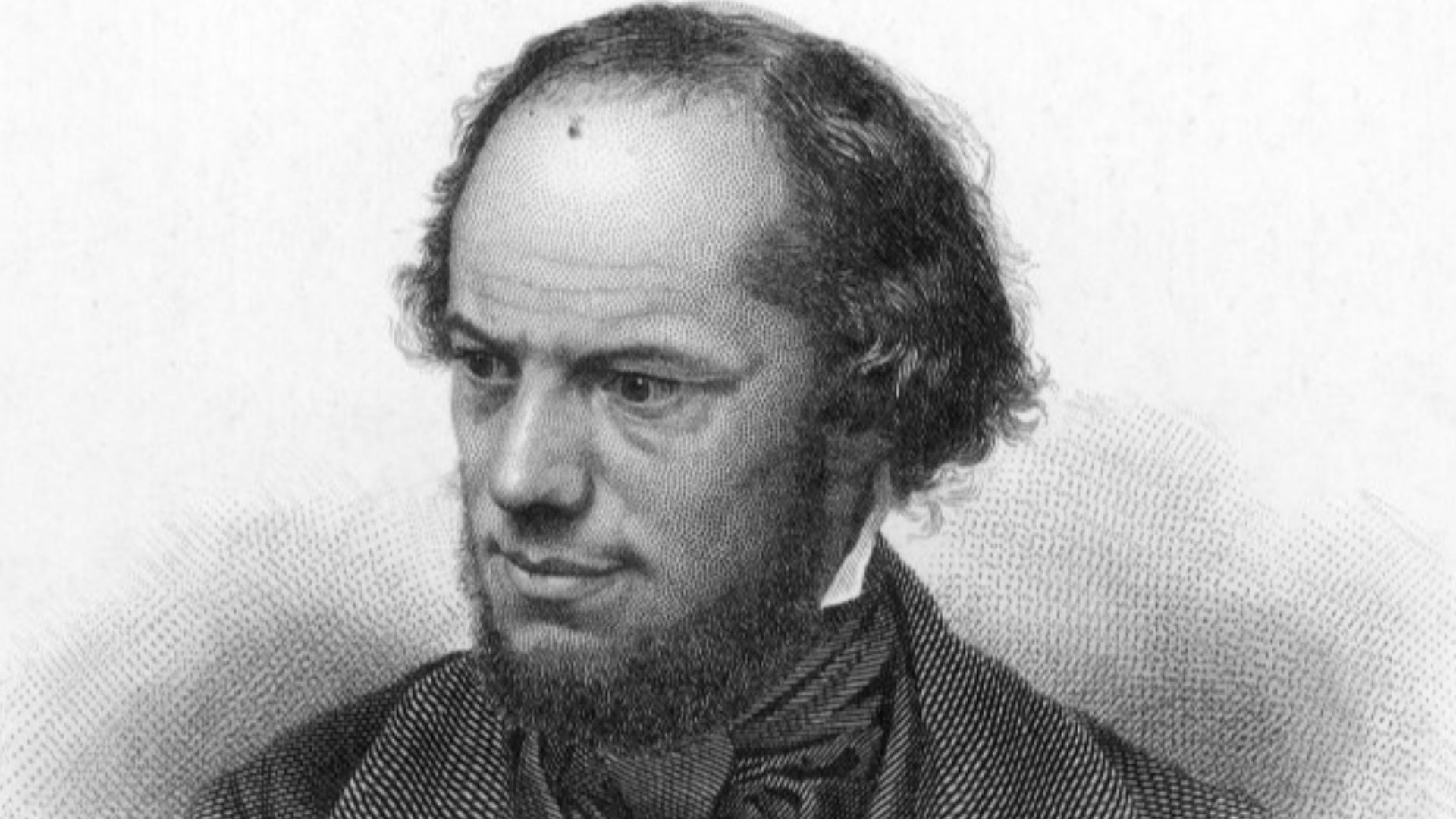 Miner Kilbourne Kellogg on Wikimedia
Miner Kilbourne Kellogg on Wikimedia
4. Virginia Woolf Vs. Arnold Bennett
Not only did Woolf accuse Bennett of failing to capture the inner lives of characters, but she also used Bennett’s novels as examples of outdated Edwardian realism. Bennett fired back, criticizing Woolf’s Mrs. Dalloway as lacking realism.
 George Charles Beresford on Wikimedia
George Charles Beresford on Wikimedia
5. Lord Byron Vs. John Keats
Byron ridiculed Keats’s humble origins and poetic style and called him a “cockney poet.” After Keats’s death, Byron suggested bad reviews—not illness—had killed him. While Keats, though ailing, admired Byron’s fame, he resented his elitism.
 Unknown authorUnknown author, coloured by uploader on Wikimedia
Unknown authorUnknown author, coloured by uploader on Wikimedia
6. Leo Tolstoy Vs. William Shakespeare
In an essay written by Tolstoy, he denounced Shakespeare as overrated and lacking moral depth. He singled out King Lear as especially “repulsive and meaningless.” Tolstoy claimed reading Shakespeare caused him physical disgust. Despite the criticism, Tolstoy had read all of Shakespeare’s works.
 Sergei Prokudin-Gorskii on Wikimedia
Sergei Prokudin-Gorskii on Wikimedia
7. Charles Dickens Vs. Hans Christian Andersen
Andersen overstayed his welcome at Dickens’s home by five weeks, and Dickens wrote a mocking note about the visit and ended the friendship. After the ordeal, he removed Andersen’s books from his shelves. Their disastrous visit inspired later satire about literary houseguests.
8. Mary McCarthy Vs. Lillian Hellman
While McCarthy claimed “every word Hellman writes is a lie, including ‘and’ and ‘the,’” Hellman sued McCarthy for \$2.5 million in a defamation case. The lawsuit dragged on for years until Hellman’s death. McCarthy never apologized and maintained that Hellman deserved the criticism.
 Hal Phyfe, photographer on Wikimedia
Hal Phyfe, photographer on Wikimedia
9. Norman Mailer Vs. Gore Vidal
The feud started when Vidal compared Mailer to Charles Manson. Mailer punched Vidal in the face before a TV interview and once even challenged Vidal to a fight, yelling, “I’ve had enough of you!” Their venomous exchanges became a spectacle in American letters.
 Gotfryd, Bernard, photographer on Wikimedia
Gotfryd, Bernard, photographer on Wikimedia
10. Alexander Pope Vs. Colley Cibber
In The Dunciad, Pope turned Cibber into the lead dunce. Cibber revenged by mocking Pope’s physical deformity. The quarrel began when Pope criticized Cibber’s stage plays, and their public feud lasted over 20 years.
 Attributed to Jonathan Richardson on Wikimedia
Attributed to Jonathan Richardson on Wikimedia
11. Truman Capote Vs. Jack Kerouac
The infamous line, “That’s not writing, that’s typing,” was used by Capote to dismiss On the Road. He resented the Beat Generation’s loose, free-flowing prose. Kerouac admired Capote but was wounded by the insult.
 Eric Koch for Anefo on Wikimedia
Eric Koch for Anefo on Wikimedia
12. Samuel Richardson Vs. Henry Fielding
While Fielding wrote Shamela as a parody of Richardson’s Pamela, Richardson accused Fielding of undermining morality in literature. Fielding’s satire helped establish the modern novel as more than moral instruction, but Richardson saw Fielding’s popularity as a threat to virtue.
 Mason Chamberlin (1727-1787) on Wikimedia
Mason Chamberlin (1727-1787) on Wikimedia
13. Gertrude Stein Vs. James Joyce
Stein criticized Joyce’s Ulysses and called it “a boring book” and “a fake.” Joyce returned the sentiment and called Stein’s style “clumsy” and “ugly.” Both lived in Paris and shared the same literary salons but avoided direct
14. D.H. Lawrence Vs. E.M. Forster
Lawrence’s mockery of Forster’s sexual restraint in fiction was public. This was the same Foster who considered Lawrence’s work overly emotional and crude. Forster’s Maurice was published posthumously, partly to avoid Lawrence-style controversy.
15. Sylvia Plath Vs. Ted Hughes
In her poetry, Plath accused Hughes of infidelity and abuse, and Hughes was blamed by many fans for Plath’s demise. After Plath’s death, Hughes controversially edited her posthumous publications. Also, Plath’s gravestone was repeatedly vandalized by fans who removed “Hughes.”
 Distributed by Associated Press on Wikimedia
Distributed by Associated Press on Wikimedia
16. T.S. Eliot Vs. Ezra Pound
Eliot edited The Waste Land with Pound’s help, but later distanced himself, and Pound called Eliot’s later works “unmusical” and “bloodless.” Pound also ridiculed a royal honor that Eliot accepted as “bourgeois vanity.” Their mutual admiration turned sour amid political and personal fallout.
 Walter Mori (Mondadori Publishers) on Wikimedia
Walter Mori (Mondadori Publishers) on Wikimedia
17. W.H. Auden Vs. Robert Frost
In a private letter, Frost called Auden “trivial and over-educated,” and, in Auden’s lectures, he mocked Frost’s conservative values. They clashed at the 1961 Kennedy inauguration, where both read poems. Auden left the ceremony early, unimpressed by Frost’s performance.
 Fred Palumbo, World Telegram staff photographer on Wikimedia
Fred Palumbo, World Telegram staff photographer on Wikimedia
18. Jonathan Swift Vs. John Dryden
Reportedly, Dryden said of Swift, “Cousin Swift, you will never be a poet.” Swift also mocked Dryden’s style in his satirical prose and used Dryden’s influence as a negative example in his essays. The feud was both literary and personal due to their family ties.
 After Godfrey Kneller on Wikimedia
After Godfrey Kneller on Wikimedia
19. H.G. Wells Vs. George Bernard Shaw
While Wells accused Shaw of romanticizing socialism without practical solutions, Shaw dismissed Wells’s science fiction as “toy literature.” They also had shouting matches during Fabian Society meetings. Despite the feud, they co-wrote letters critiquing each other’s utopian ideals.
 Unknown authorUnknown author on Wikimedia
Unknown authorUnknown author on Wikimedia
20. Herman Melville Vs. Nathaniel Hawthorne
Melville dedicated Moby-Dick to Hawthorne, but the friendship soon cooled. Disturbed by Melville’s obsessive and dark prose, Hawthorne grew distant. Melville’s letters reveal deep emotional reliance on Hawthorne. Hawthorne rarely responded, adding to Melville’s disillusionment.
KEEP ON READING

The 10 Youngest Monarchs In History & The 10 Oldest
Age Is Just A Number. Imagine being crowned king or…
By Chase Wexler Mar 11, 2025
Written By The Victors: 20 Names History Books Tried To…
History’s Forgotten Figures. It is said that history is written…
By Farva Ivkovic Jun 23, 2025
Writing On The Wall: 20 Fascinating Hieroglyphics Throughout History
A Language Carved To Last. Hieroglyphics are unique, ancient writings.…
By Chase Wexler May 29, 2025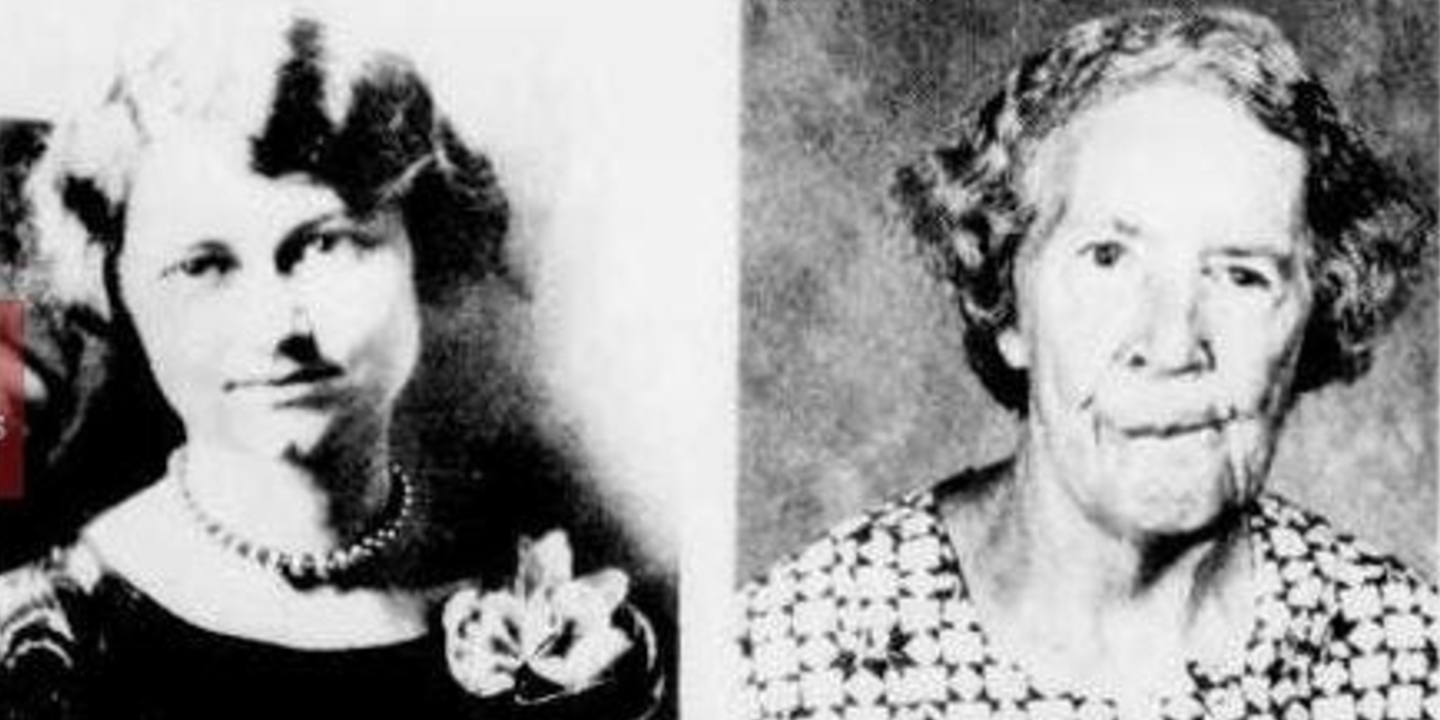
The Woman Without A Name
Mary Doefour was the woman without a name. In 1978,…
By Robbie Woods Dec 3, 2024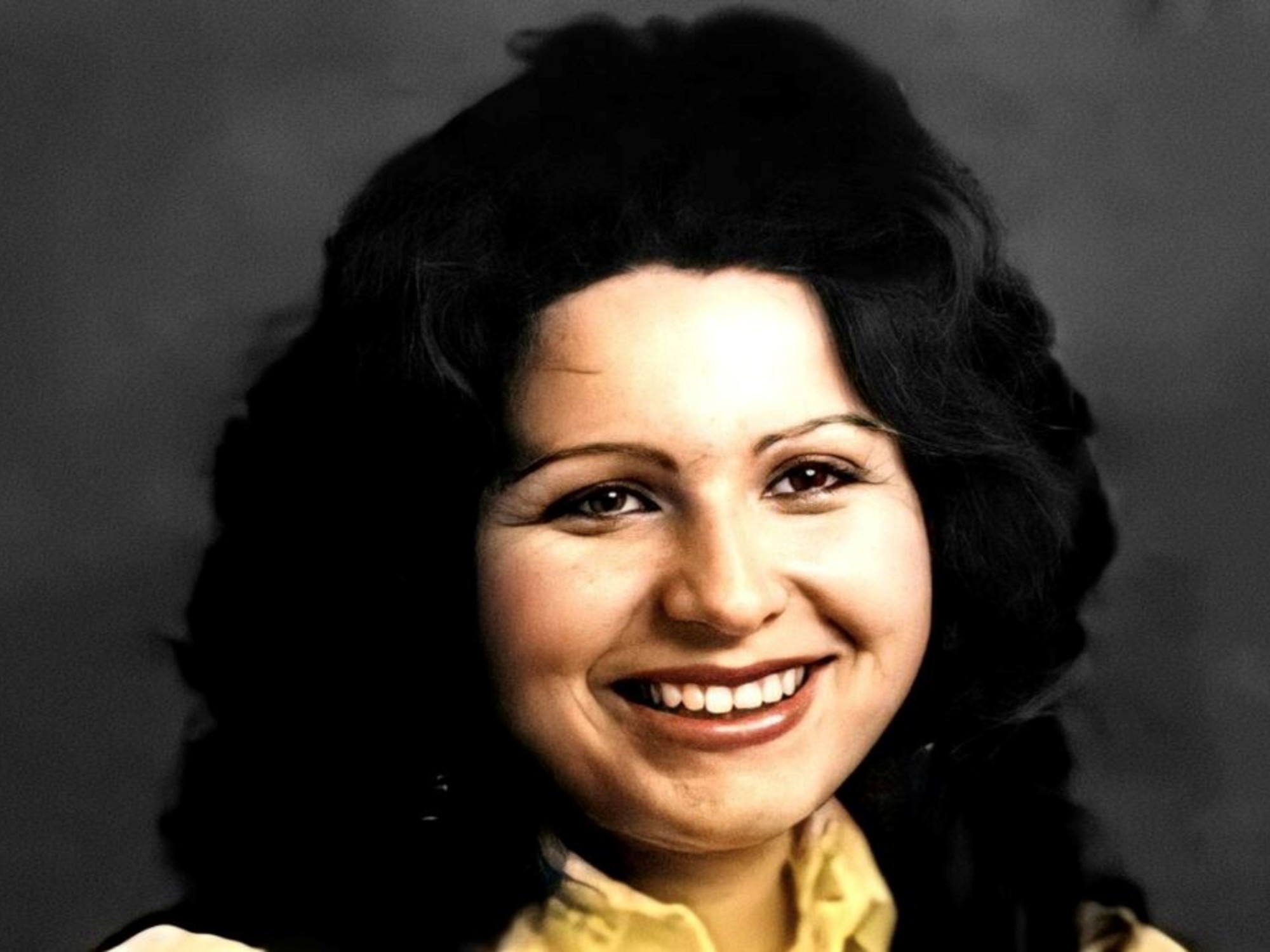
The Woman With Toxic Blood
One night in 1994, Gloria Ramirez reported to the ER.…
By Robbie Woods Jan 6, 2025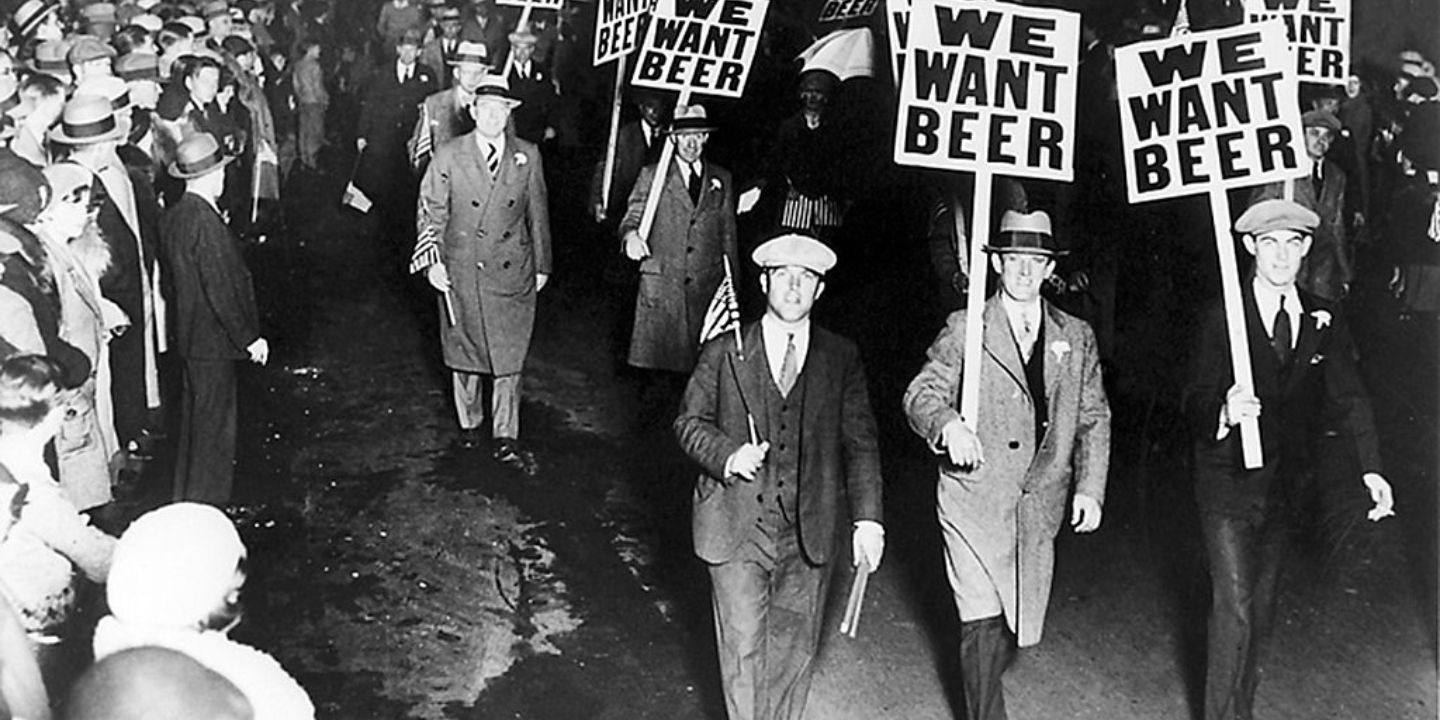
Why The Roaring 20s Was A Great Era In History
The Flappers Danced For Rights. The Roaring 20s was a…
By Megan Wickens Oct 25, 2024

